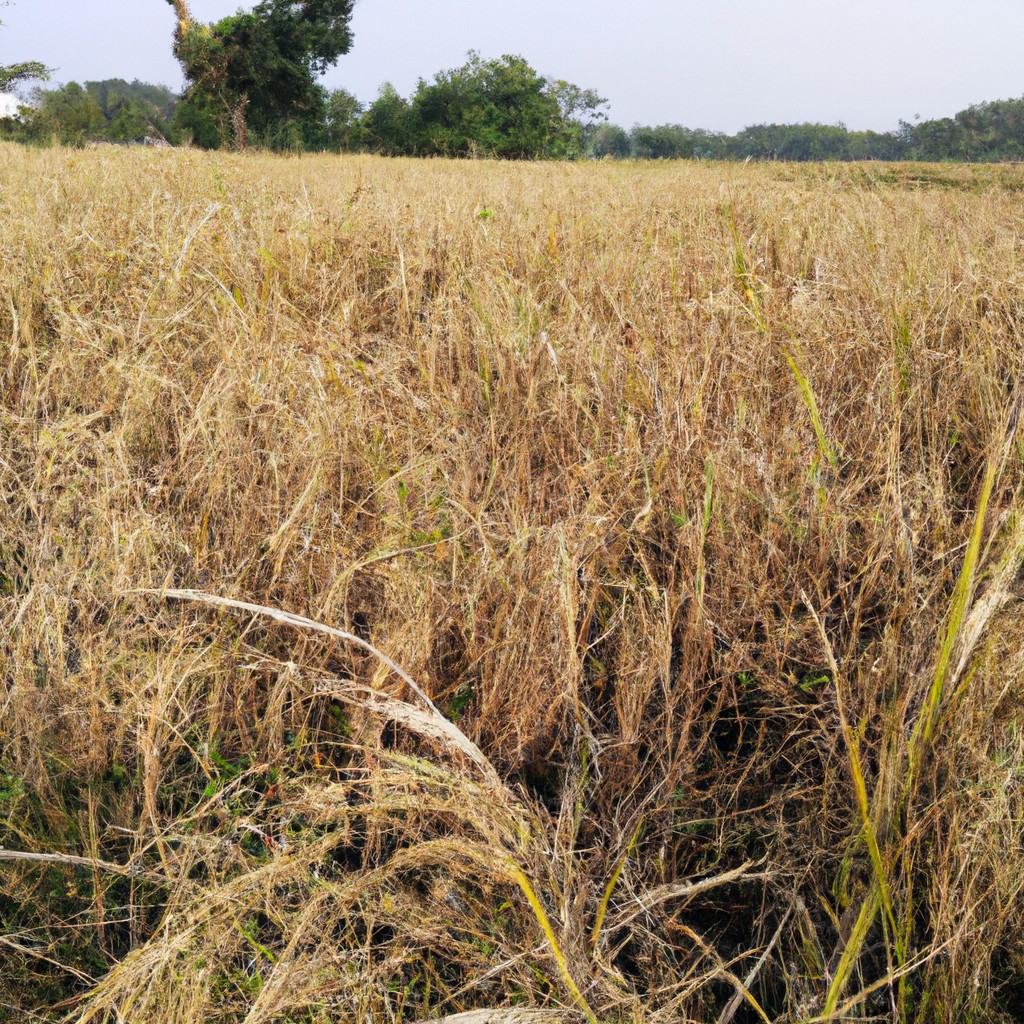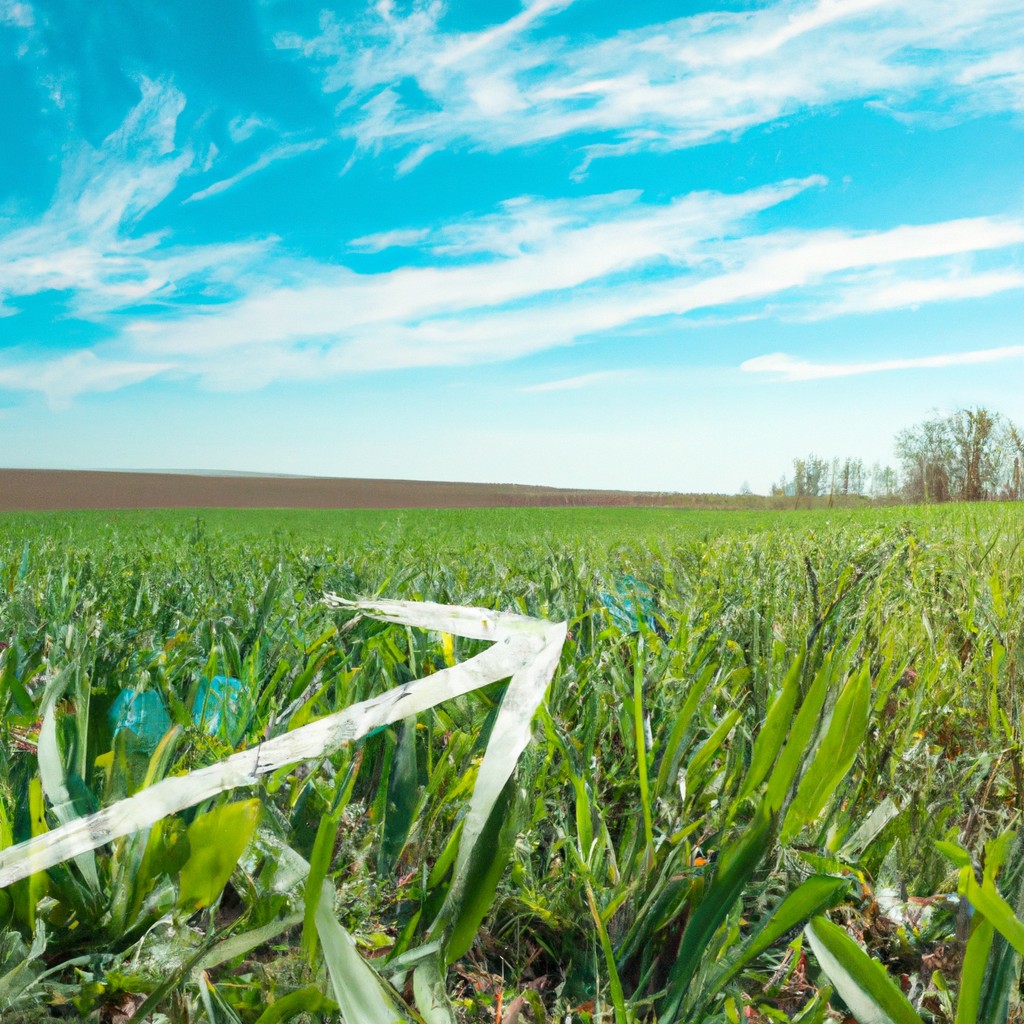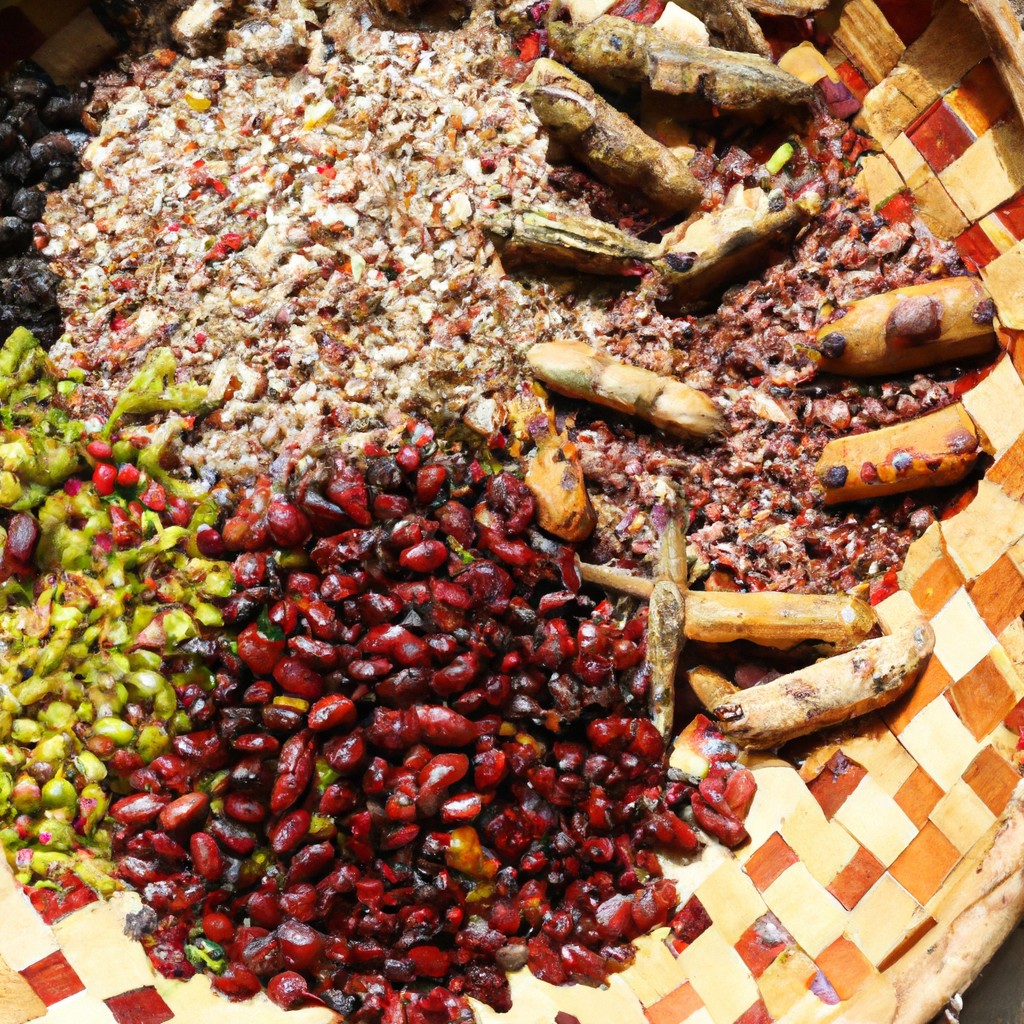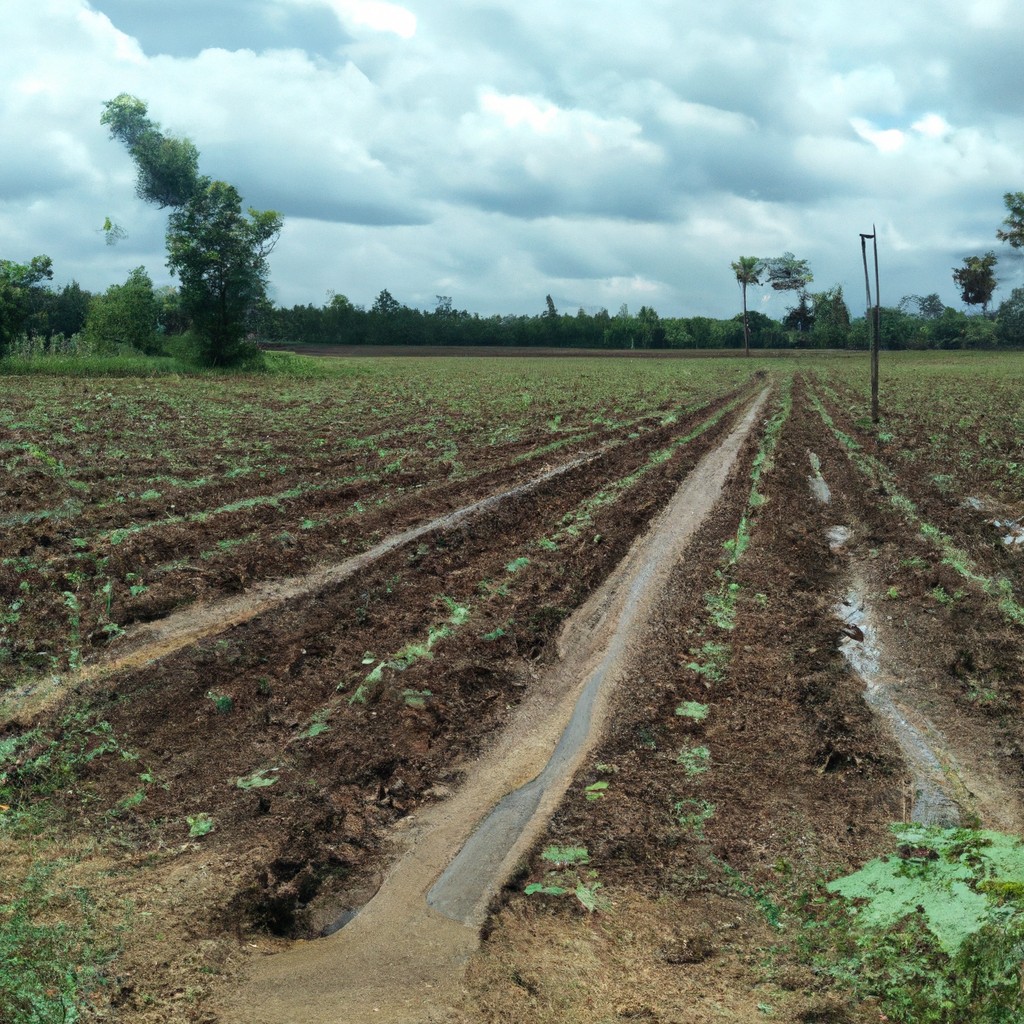Agriculture is vital for human survival, providing the food, fiber, and bioenergy we depend on daily; this article will illuminate its broader significance in today’s society.
Look Inside:
Why Is Agriculture Important?

Agriculture is often the backbone of a society, anchoring not just the economy but also the very sustenance of life. At its core, farming provides us with food, the most basic human necessity. Without it, supermarket shelves would be as barren as a desert in a drought.
Consider the clothes on your back and the sheets on your bed – cotton farms are to thank for that comfort. Wood for our houses and furniture? Tip your hat to forestry management. Even the most modern city dweller is interlinked with agriculture’s bountiful web.
Beyond the tangible goods, agriculture feeds into people’s livelihoods. It’s the primary source of income for rural communities. Without it, entire economies would crumble like dry soil.
More ambitiously, agriculture is a front-line defender against climate change. Practices like regenerative farming and crop rotation keep our earth rich, resilient, and ready for future generations. In essence, the roots of agriculture run deep, intertwining with every thread of our existence.
Providing Raw Materials
Agriculture is the wellspring of materials that keep various sectors humming. Think of it as nature’s department store, offering up fibers for clothing—hello, cotton and wool! Food manufacturers rely on crops like wheat and corn as staples for their goodies. Pharmaceutical companies harvest nature’s bounty, with countless medications derived from plants. Even the beauty industry dips its toe into the agricultural pool, extracting oils and essences to create products that keep us looking fresh as a daisy. In essence, without agriculture, these industries would be like a carpenter without wood—nowhere to be found. It’s the starting point for our everyday essentials, transforming sun, soil, and water into a cornucopia of useful goods.
Encouraging Economic Development
Agriculture is a cornerstone of prosperity for many communities worldwide. Picture small farms budding into larger operations or a local market bustling with fresh produce; these are snapshots of how agriculture fuels growth. Like a well-oiled tractor, it creates a cascade of employment opportunities, from farm labor to transportation.
This sector isn’t just about putting food on the table; it also fills a piggy bank or two. By exporting crops, countries bring in the green—not just in the fields, but in the economy too. Additionally, it provides governments with a revenue stream. Taxes from agricultural profits help build roads, schools, and hospitals, which in turn sow the seeds for a stronger society.
In the developing world, agriculture is often the ticket out of poverty. With each harvest, there’s a chance to break the cycle of need and forge a path to self-sufficiency. This isn’t just a rural affair; urban economies reap the rewards, too. Food industries, from packaging to marketing, trace their roots back to the farm.
Lastly, don’t overlook innovation’s role on the farm. Advances in agricultural technology can propel economic development sky-high. When farmers embrace new methods, they grow more than crops—they grow their business smarts and economic resilience.
In essence, every seed planted is a potential fortune grown, not just in produce, but in a thriving, inclusive economy that nurtures all.
Importance of Agricultural Biodiversity
A rich tapestry of plant and animal species forms the backbone of agricultural biodiversity, crucial for the resilience and sustainability of food systems. This diversity acts as a buffer against pests and diseases, reducing the reliance on chemical interventions. Think of it as nature’s insurance policy, with a wider gene pool providing raw materials for adapting to climate change and feeding a growing population.
Consider how different crops contribute to a balanced diet—variety is the spice of life and nutrition. Diverse diets stem from diverse crops, protecting against malnutrition and promoting health. In turn, healthy ecosystems support pollinators, soil organisms, and other critical players in food production. Without them, the entire agricultural show grinds to a halt.
Finally, remember that agricultural biodiversity is not just about survival, it’s about thriving. It supports the livelihoods of farmers worldwide, fostering local knowledge and culture, and is central to practices like crop rotation and intercropping which optimize land use and enhance soil health.
By valuing and safeguarding this diversity, we don’t just preserve the past; we sow the seeds for a food-secure future.
Why Is Agriculture Important for the Future?
As our global population climbs, projected to brush the 9 billion mark by 2050, the demand for food will naturally soar. It’s a no-brainer: more people equals more mouths to feed. Agriculture steps into the spotlight here like a superhero, ready to scale up to meet these growing needs. But it’s not just about quantity; we’re after quality, too. Healthier, nutrient-packed crops that can thrive in less-than-ideal conditions are the golden ticket.
It’s not only the human element that agriculture supports—it’s the earth beneath our feet, too. Good agricultural practices are akin to a lifejacket for our planet. They hold the potential to combat climate change and preserve precious ecosystems. Think carbon sequestration—the earth’s natural storage trick for excess greenhouse gases. Plants and soil are the unsung heroes in this epic battle against global warming.
Water scarcity is another puzzle piece. With agriculture guzzling nearly 70% of our freshwater supply, it’s crucial to optimize every drop. Smart irrigation and drought-tolerant crops can help us make more from less. And let’s not forget the jobs—especially in rural areas where opportunities can be as sparse as rain in the desert. Agriculture sows seeds of employment and growth far and wide.
Lastly, fuel—we’re not just talking about what fills your plate but also what powers machines. Bioenergy crops are set to play leading roles as renewable energy sources, reducing our reliance on fossil fuels and helping to clean up our act energy-wise.
Agriculture’s roots run deep into the soil of our future, intertwining sustenance, sustainability, and economic stability. Without it, our future would be as shaky as a leaf in a storm. So, let’s embrace our green-thumbed companions and give them the respect they deserve. After all, they’re not just planting crops; they’re planting hope.




